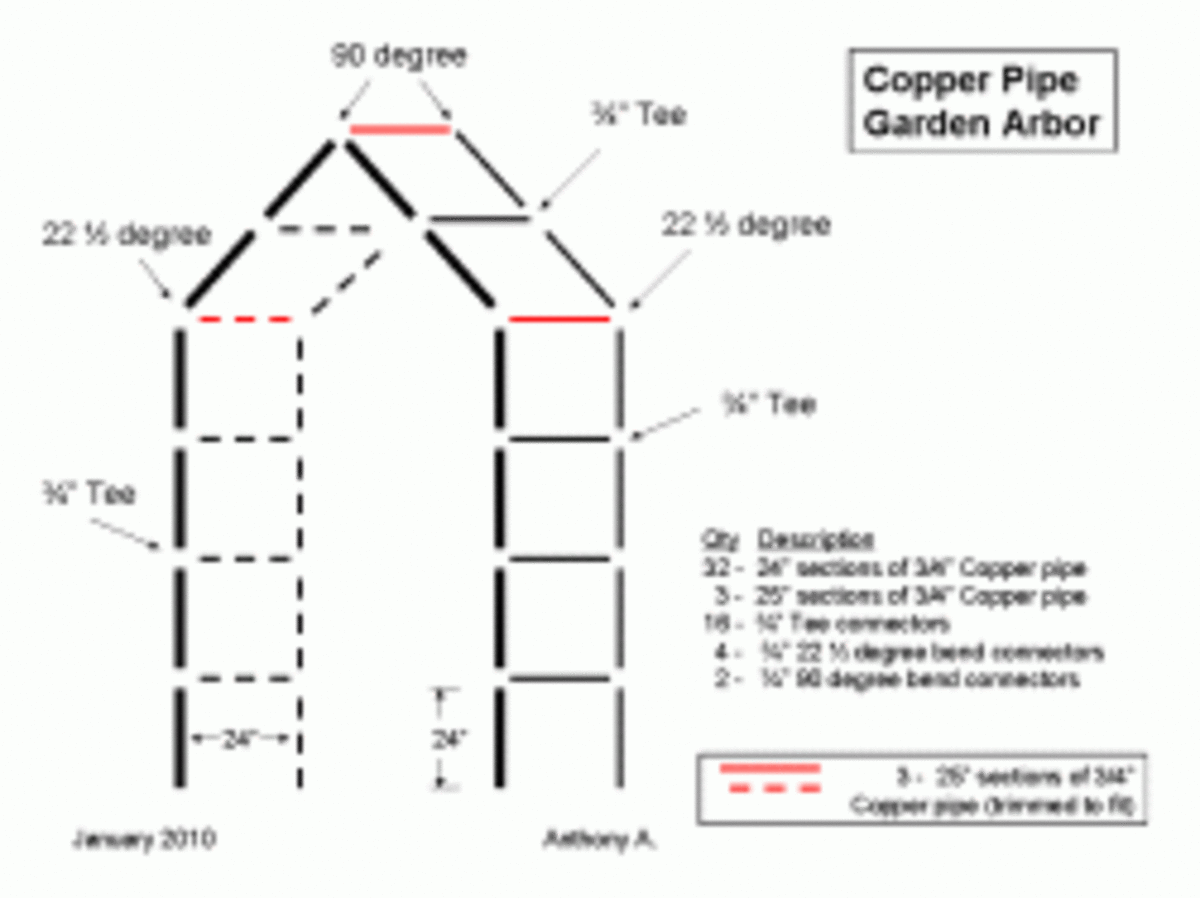Fiberglass vs Gunite Pool: A Point-By-Point Comparison

Decisions, Decisions
Planning for an inground swimming pool means answering a maddening number of questions. How big should your pool be? Where should you place it? Will you have to sell the kids to pay for it all? But one of the very first questions that's likely to pop up is, what materials should you use to build your pool?
The three main options are vinyl, gunite (concrete), and fiberglass. Vinyl is often the choice of people who want to save money and/or build the pool themselves. But for everyone else, the decision is between a fiberglass vs gunite pool. Each has its advantages, and there are pool owners on both sides who swear by their choice.
Unfortunately, getting an unbiased opinion on which type of pool is best can be difficult. A lot of pool companies only build one type or the other, so you can pretty well guess what sort of advice you will get from them before you even ask. Even when contractors build both fiberglass and gunite pools, they may strongly prefer one type or the other for reasons that have nothing to do with how likely you, the customer, are to be satisfied with the end result.
So where can you go for an honest comparison between these two types of pool? Right here. This article evaluates fiberglass and gunite pools on some of major criteria that are important to pool owners.

Appearance
Draw
Both fiberglass and gunite pools can be beautiful in their own ways (for that matter, so can vinyl). It really depends on personal preference. Fiberglass pools provide a stunningly slick, contemporary look. Gunite pools can offer more of the classic swimming pool experience, while offering unlimited options for customization.
Opinions on which is better seem to be pretty evenly split. The best advice I can offer is to take a look at some pictures of fiberglass and gunite pools and decide for yourself which you prefer.

Photo Credit: Flicr/cote
Installation
Advantage Fiberglass
It's tough to come up with a direct comparison on inground pool prices, but the cost of a fiberglass pool installation seems to be more expensive on average than gunite. However, the savings you might get by choosing gunite usually aren't enough to be a deciding factor. If you want truly significant savings, go with vinyl.
Where fiberglass has a clear advantage is in ease of installation. Whereas building a gunite pool involves weeks or months of painstaking work, installing a fiberglass pool is essentially a matter of dropping a pre-built pool shell into your yard (okay, there's more to it than that, but not much). All in all, it's a much simpler process with less opportunity for something to go wrong.
Fiberglass Pool Installation in One Day?
Maintenance
Advantage Fiberglass
Maintaining proper pool chemistry is a critical task for pool owners. Without it, algae and other unwanted organisms can take over your pool and turn it into an unsanitary mess. This is particularly a concern in humid areas, where algae is more at home.
In this department, fiberglass comes out on top. Unlike gunite, it features a nonporous surface that doesn't allow algae to dig in as easily. As a result, you typically need less chlorine to keep your pool clean. Not only is it more convenient, but the cost savings might just offset the price difference between fiberglass and gunite installation.
Durability
Draw
Both types of pool can last for a very long time without significant repairs. Gunite is reliably durable, but will at some point - maybe decades down the line - require renovation. Fiberglass can last pretty much indefinitely under ideal conditions, but seems to be more prone to unforeseen problems.
For a lot of homeowners, the certainty that comes from having a gunite pool is an advantage. However, it really depends on the person and what sort of risk they're comfortable with.
Flexibility
Advantage Gunite
If you're planning a funky swimming pool borne from your own twisted imagination, there's no doubt about it - you want gunite. The concrete liner is applied after the pool has been shaped to whatever size and contours you desire. In other words, the sky's the limit.
In contrast, fiberglass pools come from the factory in standard sizes and shapes. Granted, there are myriad options available, and they're increase year by year as fiberglass pools grow in popularity. Still, if you have a very specific vision of what you want, you might be forced to make some compromises if you confine yourself to a fiberglass pool.

And the Winner Is...
As you probably guessed by now, there's no clear, objective conclusion in the debate between fiberglass and gunite pools. Concrete swimming pools have long been the standard, but momentum definitely seems to be on the side of fiberglass. I'm guessing the interest in fiberglass pools will continue to grow, but I'm equally convinced that the advantages of gunite will always remain.
Whether this article has clarified your thoughts on the matter or muddled them, I hope you've found it informative.







